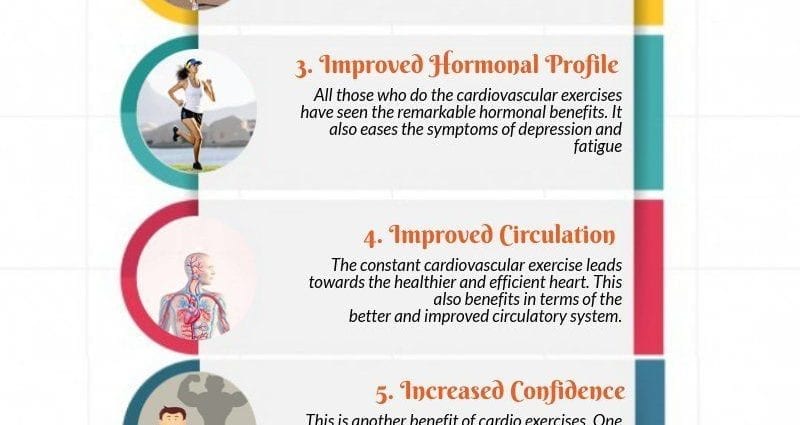I often recommend that my readers, friends, and loved ones practice meditation. However, how can you prove its effectiveness? What, for example, is the answer to the question of how long do you need to continue meditating in order to get results? Say something like “you yourself will feel” or “well, everyone’s different”? Fortunately, science has solved this problem. Scientists have conducted research with people who practice meditation to see if the practice actually yields any meaningful results – and not just spiritually. And it turned out that it brings.
Reduced anxiety and social phobia
Anxiety and social phobia are conditions that are not always taken seriously, but can nevertheless be debilitating. Those who are experiencing heightened anxiety are often said to be too “worried” and “suffer over trifles.” It is for this reason that many experience in silence. Thanks to a study conducted at the University of Massachusetts, it is now safe to say that in just 8 weeks of meditation, the level of anxiety (including the level of stress) can be reduced for many years.
Improving concentration and attention
In a study published in the journal Psychological ScienceScientists have found that just a couple of weeks of meditation is enough to improve concentration and memory. Most meditation practices require strong concentration (on the breath, body, objects of attention, activities, etc.), so it is not surprising that meditation can help improve cognitive skills. Lack of concentration and distracted attention are found not only in children with attention deficit hyperactivity disorder, but also in many adults who complain about the inability to concentrate.
Decreased uncontrolled brain activity
It’s about an incessant stream of thoughts in your head. It never stops. It can sometimes be so distracting that a person has trouble falling asleep or focusing. A study from Yale University a few years ago showed that mindfulness meditation can help reduce activity in the area of the brain that is responsible for the haphazard flow of thoughts. At the same time, meditation helps not to get rid of thoughts completely, but to draw the attention of consciousness to their chaotic flow and return you to conscious reality. At first, it will be difficult to realize that your mind is dispersed, but people who constantly practice meditation can very quickly return to reality.
Slowing down brain aging
Meditation helps keep the brain young. In January this year, a study by the University of California School of Medicine found that long-time meditators have better brains than those who do not. And although with age, even in meditating people, the brain decreases in volume, this process is not as pronounced as in the rest.
Structural changes in the brain
A study from Harvard University helped to find out what real changes in the structure of the brain meditation causes. It was found that after 8 weeks of meditation practice, the cortical thickness of the hippocampus, which is responsible for learning and memory, increases. There was also a decrease in the volume of brain cells in the amygdala, an area responsible for feelings of fear, anxiety and stress.
It is now easy to see why so many people choose meditation. The difficulty lies not in deciding to meditate, but in starting and not throw practice. It seems to me that all these wonderful changes can be a serious motive for spending only 10-20 minutes a day on simple practice.










